You are using an out of date browser. It may not display this or other websites correctly.
You should upgrade or use an alternative browser.
You should upgrade or use an alternative browser.
milling machine advice
- Thread starter timar
- Start date

Help Support Home Model Engine Machinist Forum:
This site may earn a commission from merchant affiliate
links, including eBay, Amazon, and others.
zeeprogrammer
Well-Known Member
- Joined
- Mar 14, 2009
- Messages
- 3,362
- Reaction score
- 13
Congratulations mcr.
But you're a poor soul if you think you got away with anything. ;D
But you're a poor soul if you think you got away with anything. ;D
Timar, I have the Zay 7032G, from Harbor Freight, I love it and just recently got the X2 did not use it yet, it sure is cute next the bigger mill.
MCR, Merry Christmas what a nice gift
MCR, Merry Christmas what a nice gift
- Joined
- Aug 8, 2009
- Messages
- 929
- Reaction score
- 12
Alan J. Richer said:and pretty-much can eliminate the issues of column flex and the like. I was not dissing small machines - I'm lucky enough to have the space for them, and the need for some of the parts I make to feed my other addiction (Brit cars).
Perhaps one man's issues are another man's challenge? To be honest, I've not seen where column flex on the HF is really an issue in practice. Granted, I'm still a newbie but the parts I've made so far are pretty darn accurate.
-trout
I showed these pictures many moons ago on here, but I think that they have a relevance to this post.
This was a nearly 7ft long chopper frame that had already been dragged around the local machine shops, and been laughed out of the door.
Then it eventually ended up at my door.
This is my old mill set up, as I now have a much larger one, but it did jobs that people thought were impossible.

The mill was really pushed to the limits to be able to get the cutter in and do the job. But it did it.

Machining problems are a state of mind. If you think they can't be done on small machinery, then think again.
If you can get the job on the table, and squeeze a cutter in, Then you should be able to succeed.
You are not going after speed records, but to get the job done. Carefull cutting, and taking your time will always prevail in the end.
It is not the size of the machine that usually causes the problem, but a negative attitude towards what you want to achieve.
On my large machine, I can easily rough off 5mm at a time, on a small machine only 1/20th of that, but who's counting?
It is nice having large machinery, but not a necessity. You should make do with what you can afford, and what will fit into your shop.
I only bought larger machines in for production work, and the opportunity to carry out my love of making small engines when time allowed. Unfortunately, or fortunately, depending on how you see it, life's little problems got the better of me, and I have ended up with big machines that will now no longer be used for production work.
Do please take notice of what people are saying about tooling. The machines can almost be classed as a small part of the cost. Tooling costs can become very high, just because of the nature of some of the jobs you may need to do. Start off with the bare minimum, and gradually build up from that. I have been doing this for over 40 years now, and there is still tooling I would like to own, but have managed to get by without it.
A lot of the fancy gizmos you can definitely do without, I've got loads of the damned things I have collected over the years and wasted good money on, but there are times that a little extra bit of specialist tooling can work wonders.
Marv's quote
Is more important than anything else, just like what I said earlier about machining jobs being a state of mind.
Blogs
This was a nearly 7ft long chopper frame that had already been dragged around the local machine shops, and been laughed out of the door.
Then it eventually ended up at my door.
This is my old mill set up, as I now have a much larger one, but it did jobs that people thought were impossible.

The mill was really pushed to the limits to be able to get the cutter in and do the job. But it did it.

Machining problems are a state of mind. If you think they can't be done on small machinery, then think again.
If you can get the job on the table, and squeeze a cutter in, Then you should be able to succeed.
You are not going after speed records, but to get the job done. Carefull cutting, and taking your time will always prevail in the end.
It is not the size of the machine that usually causes the problem, but a negative attitude towards what you want to achieve.
On my large machine, I can easily rough off 5mm at a time, on a small machine only 1/20th of that, but who's counting?
It is nice having large machinery, but not a necessity. You should make do with what you can afford, and what will fit into your shop.
I only bought larger machines in for production work, and the opportunity to carry out my love of making small engines when time allowed. Unfortunately, or fortunately, depending on how you see it, life's little problems got the better of me, and I have ended up with big machines that will now no longer be used for production work.
Do please take notice of what people are saying about tooling. The machines can almost be classed as a small part of the cost. Tooling costs can become very high, just because of the nature of some of the jobs you may need to do. Start off with the bare minimum, and gradually build up from that. I have been doing this for over 40 years now, and there is still tooling I would like to own, but have managed to get by without it.
A lot of the fancy gizmos you can definitely do without, I've got loads of the damned things I have collected over the years and wasted good money on, but there are times that a little extra bit of specialist tooling can work wonders.
Marv's quote
I tell them that the most essential element of a hobby is the ability to "work on it" when you're not actually "doing it". You can't improve your golf game while waiting in the dentist's office but you can puzzle out that workholding arrangement for the lathe or that locating jig for the mill. It's this mental involvement that keeps us alert and involved.
Is more important than anything else, just like what I said earlier about machining jobs being a state of mind.
Blogs

$39.99
$49.99
Sunnytech Low Temperature Stirling Engine Motor Steam Heat Education Model Toy Kit For mechanical skills (LT001)
stirlingtechonline

$38.26
$49.99
Becker CAD 12 3D - professional CAD software for 2D + 3D design and modelling - for 3 PCs - 100% compatible with AutoCAD
momox Shop

$519.19
$699.00
FoxAlien Masuter Pro CNC Router Machine, Upgraded 3-Axis Engraving All-Metal Milling Machine for Wood Acrylic MDF Nylon Carving Cutting
FoxAlien Official
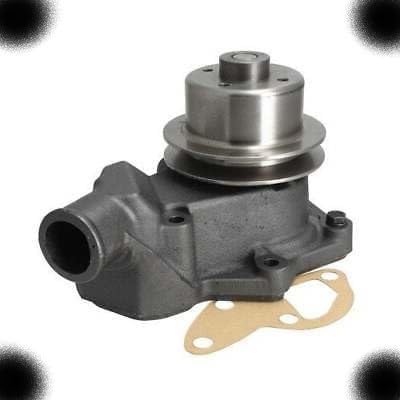
$443.98
TM NEXDYNAMI AT29618 Water Pump Compatible With/Replacement For John Deere 1020 1520 2020 300 301 400 401 440 440A 480 AT29618
VIVID MARKET CORPORATION
![DreamPlan Home Design and Landscaping Software Free for Windows [PC Download]](https://m.media-amazon.com/images/I/51kvZH2dVLL._SL500_.jpg)
$0.00
DreamPlan Home Design and Landscaping Software Free for Windows [PC Download]
Amazon.com Services LLC

$54.46
Amana Tool - 46280 CNC 2D & 3D Carving 6.2 Deg Tapered Angle Ball Tip x 1/32 Dia x 1/64
Express Tool Supply

$53.00
$59.99
Keetopteep Hot Air Stirling Engine Motor Education Model Electricity Power Generator LED Lights Kit Teaching Stirling Engine Kit for Adults Desktop Educational Toy Gift for Engineers (KTP01)
wanrongxianzhisuojiatingnongchang
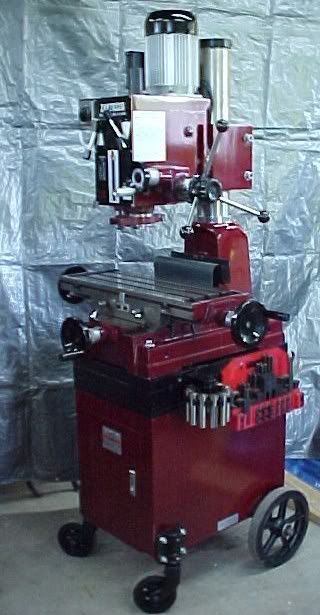
here's mine yes there are nice, what type of power feed do you have, home made or bought.
Marve, looks like anything can be done on one if the fellow thinks it through, you photo is the proof.
both of you have nice looking shops, glad for you, Lathe Nut
R
reggie98
Guest
If you have no machining experience, one way to save yourself: time; money; frustration, is to take an adult school Vo Tech or Community Colege machine shop class. Learn first hand, using the schools machines and tools, pick the instructors brains, etc. What you gain will probably help you in making your machinery choices.
Similar threads
- Replies
- 7
- Views
- 1K





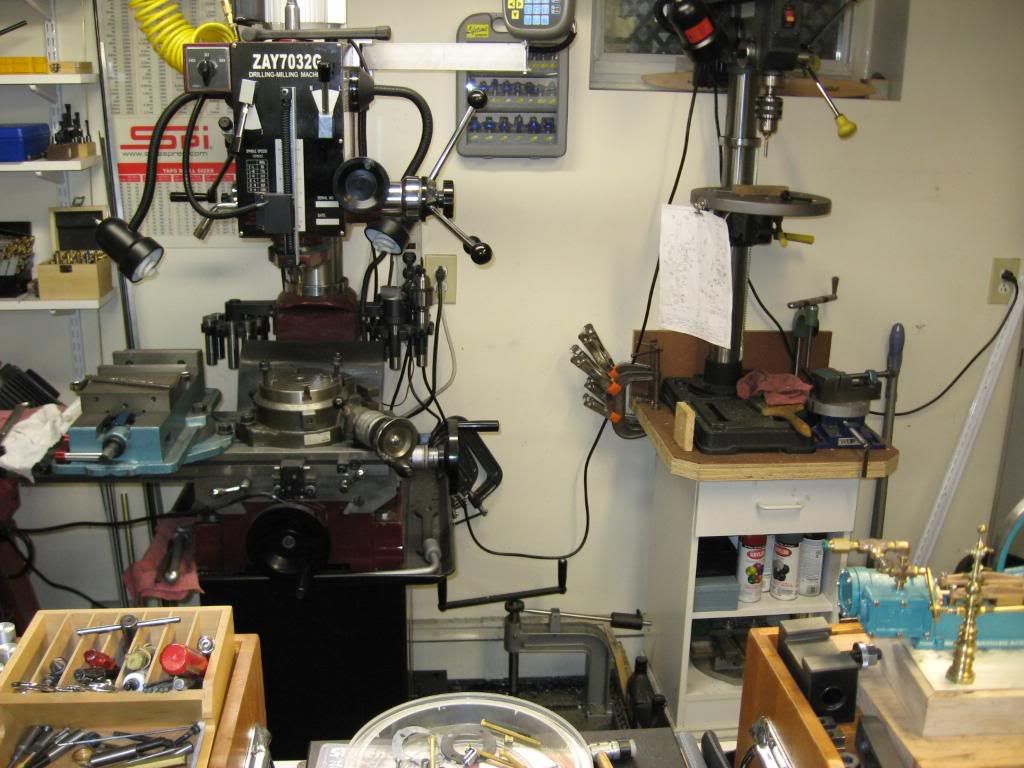


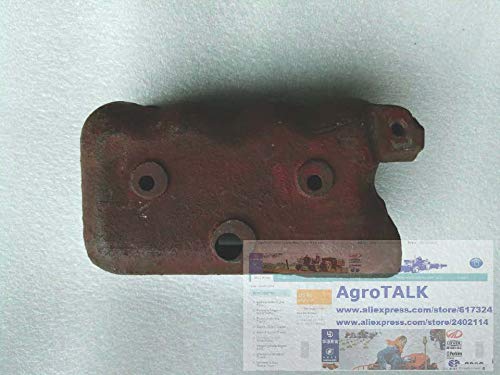
















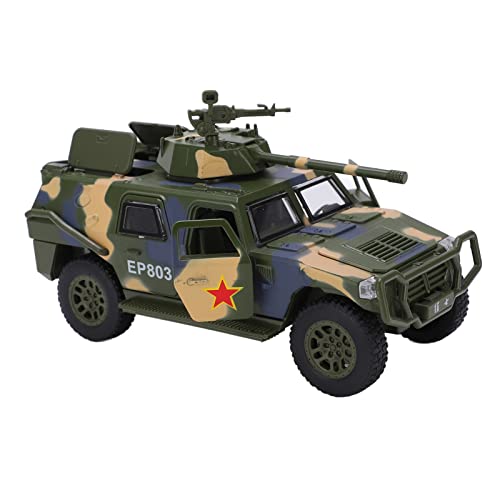

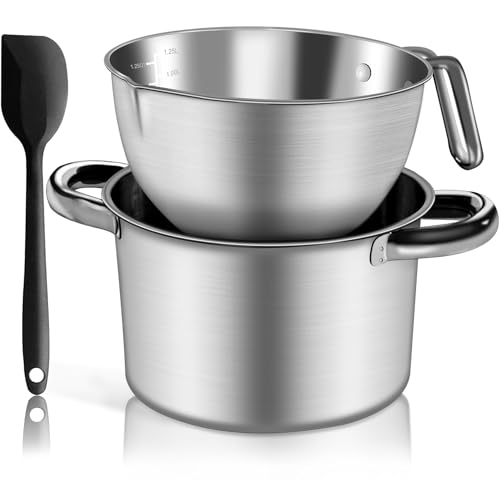













![TurboCAD 2020 Designer [PC Download]](https://m.media-amazon.com/images/I/51UKfAHH1LL._SL500_.jpg)














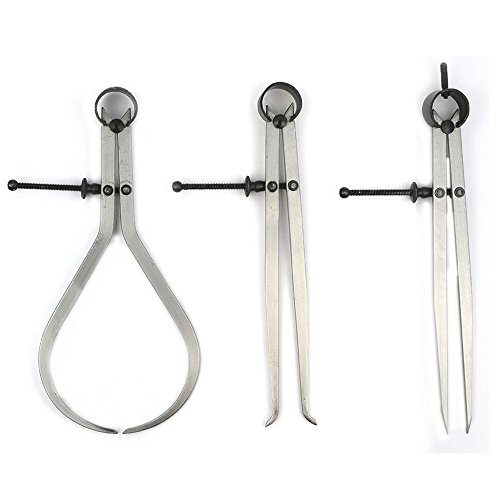



![MeshMagic 3D Free 3D Modeling Software [Download]](https://m.media-amazon.com/images/I/B1U+p8ewjGS._SL500_.png)

